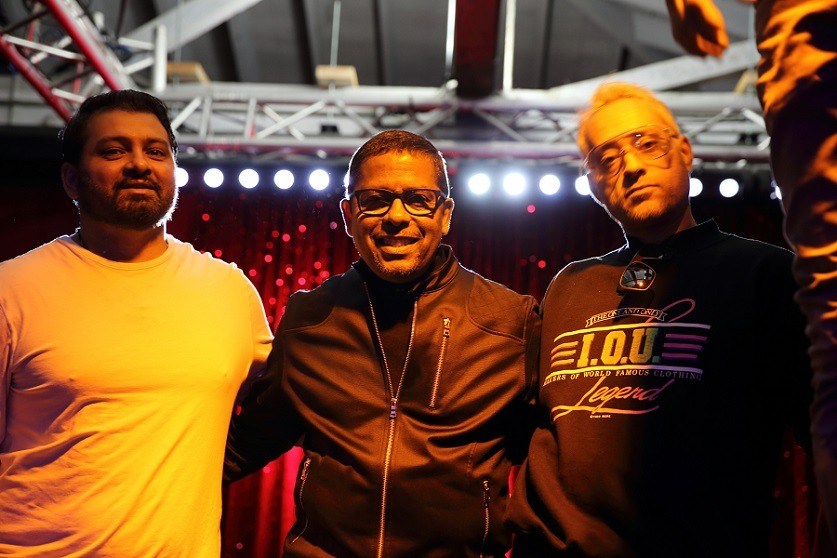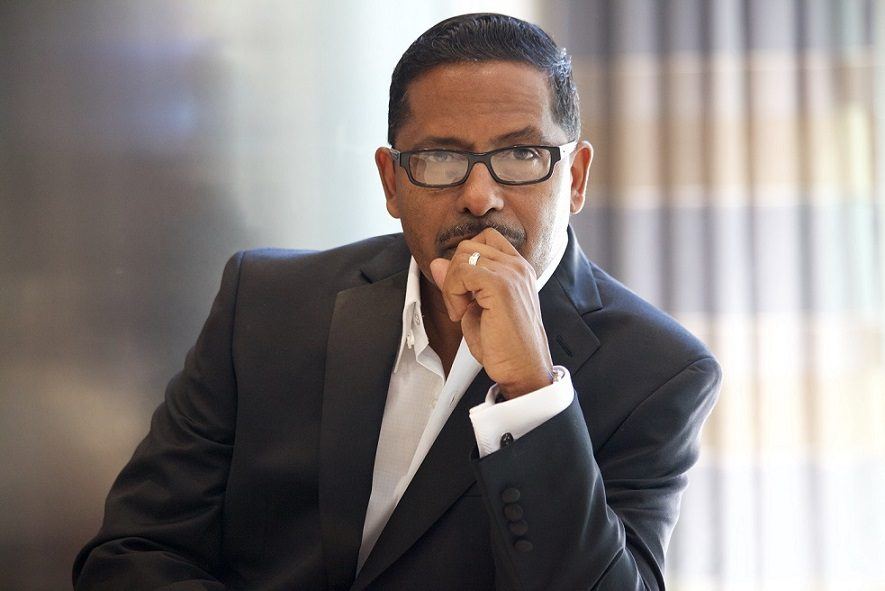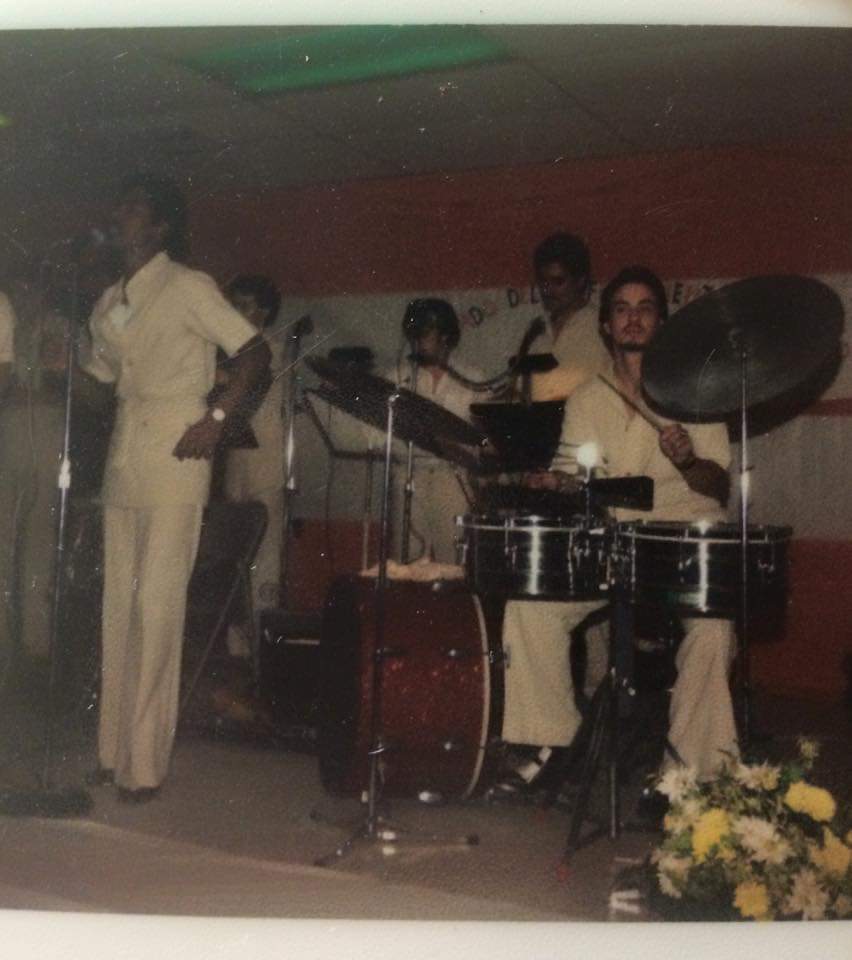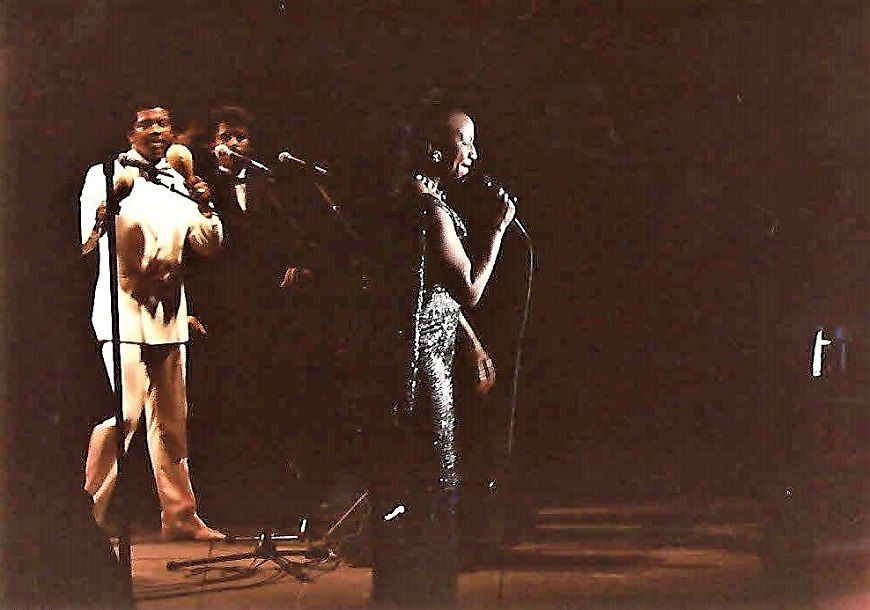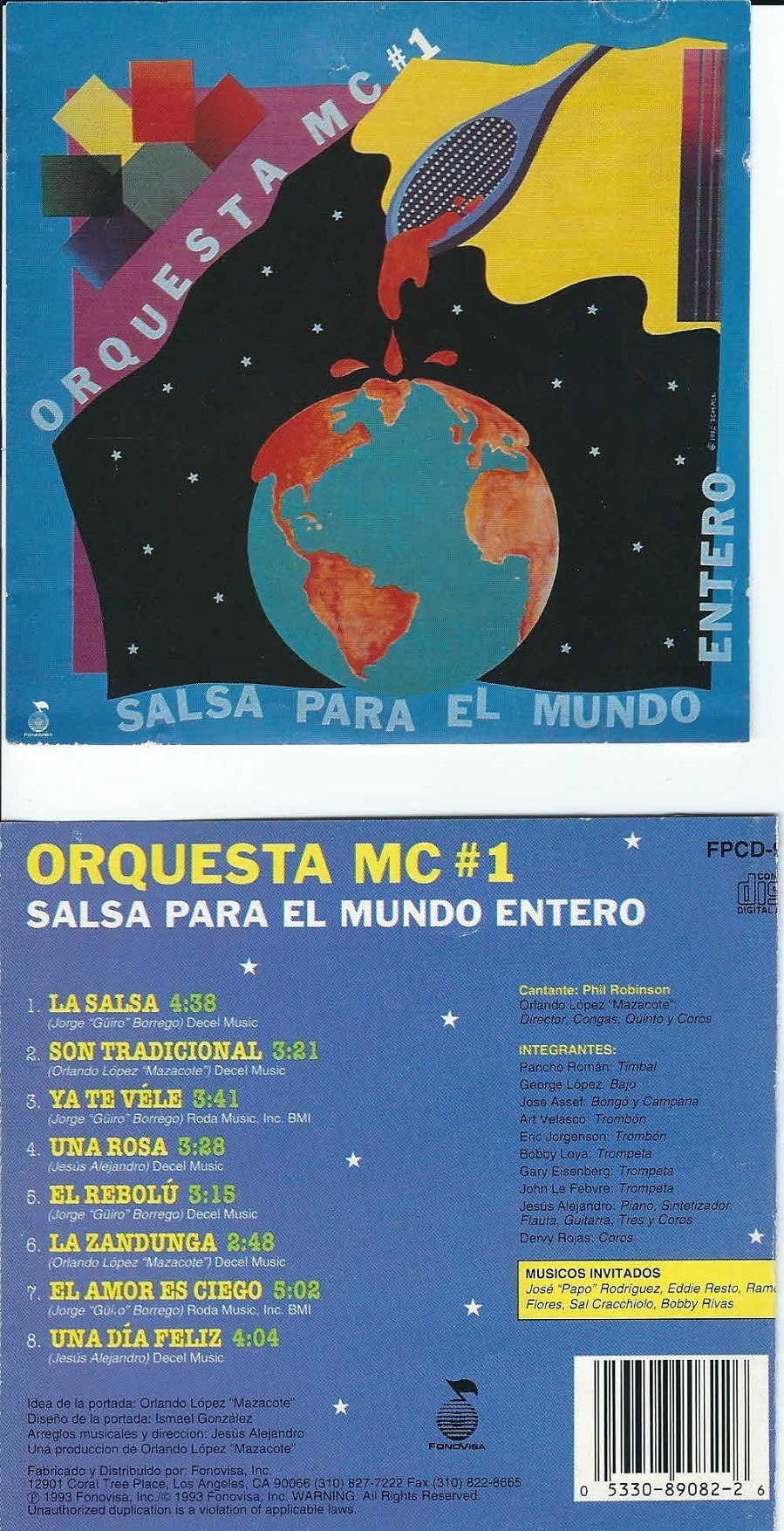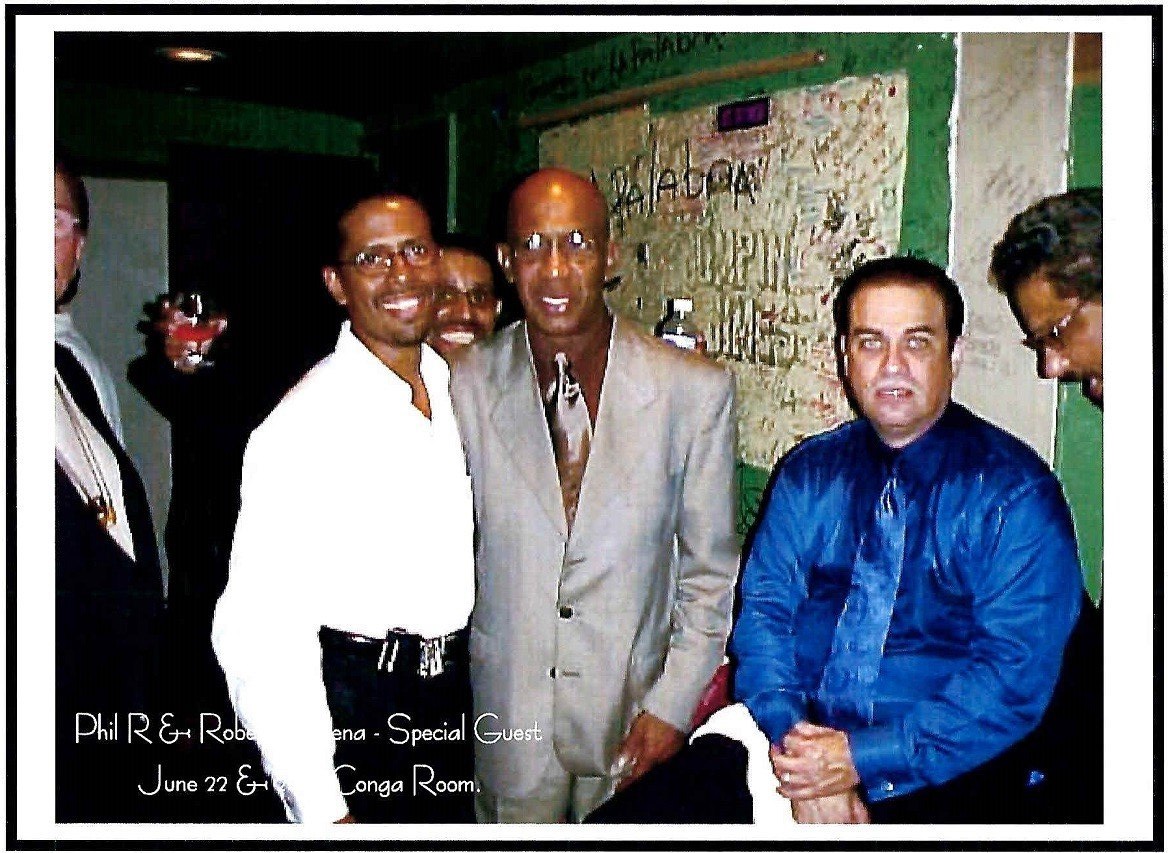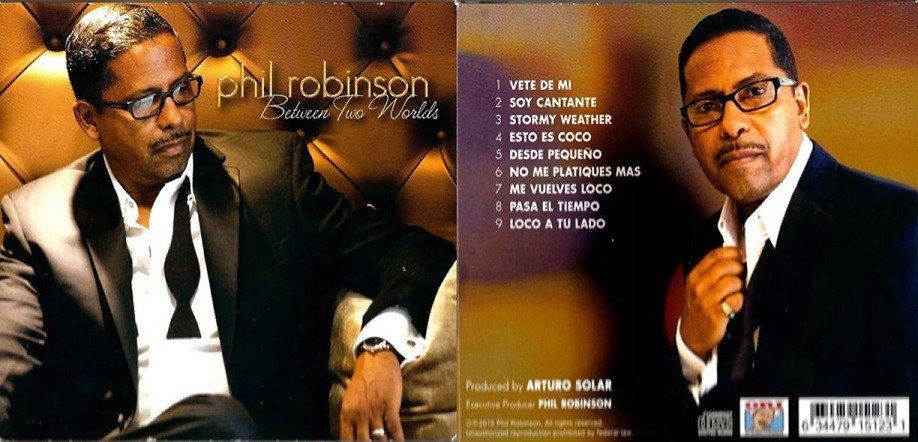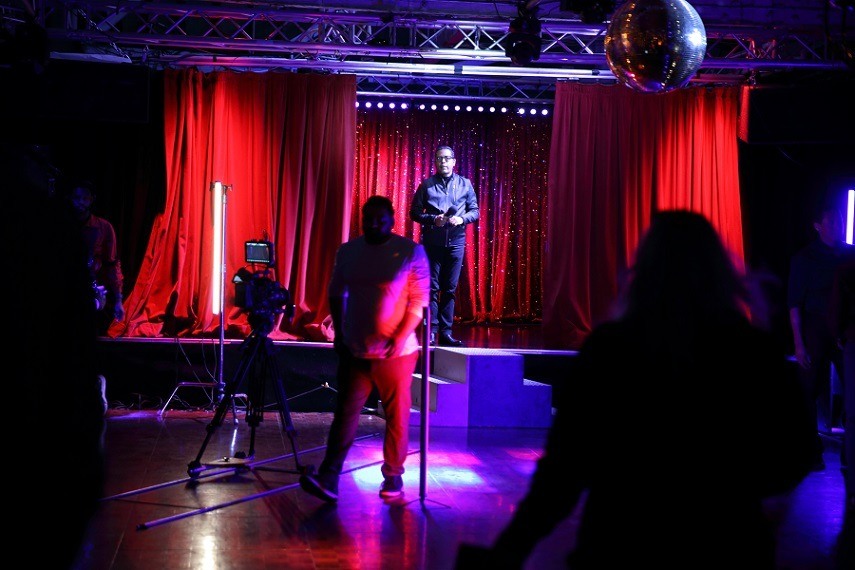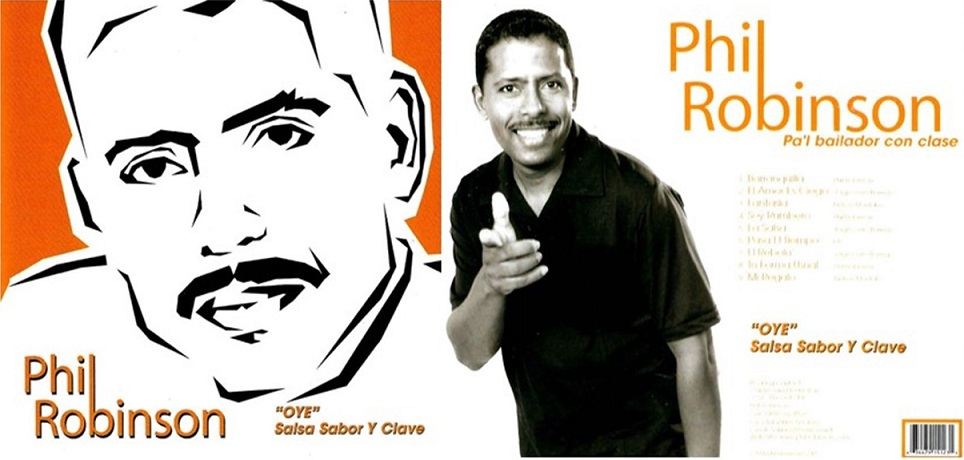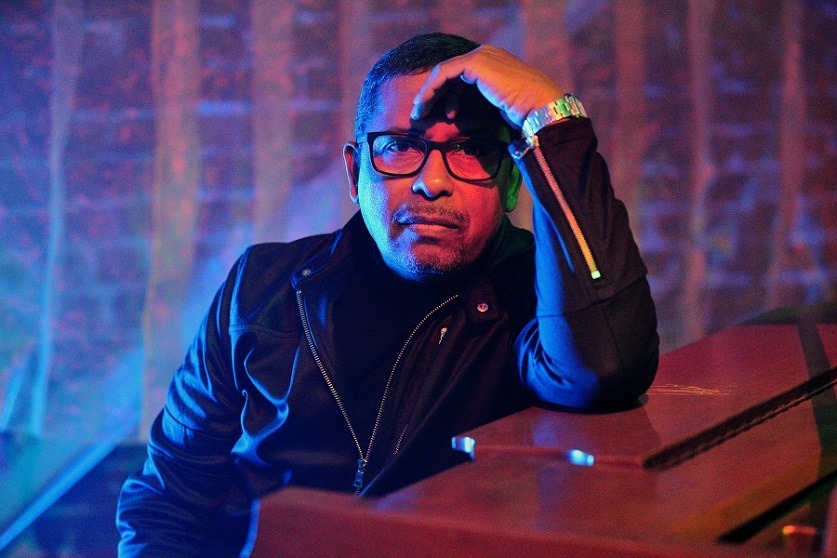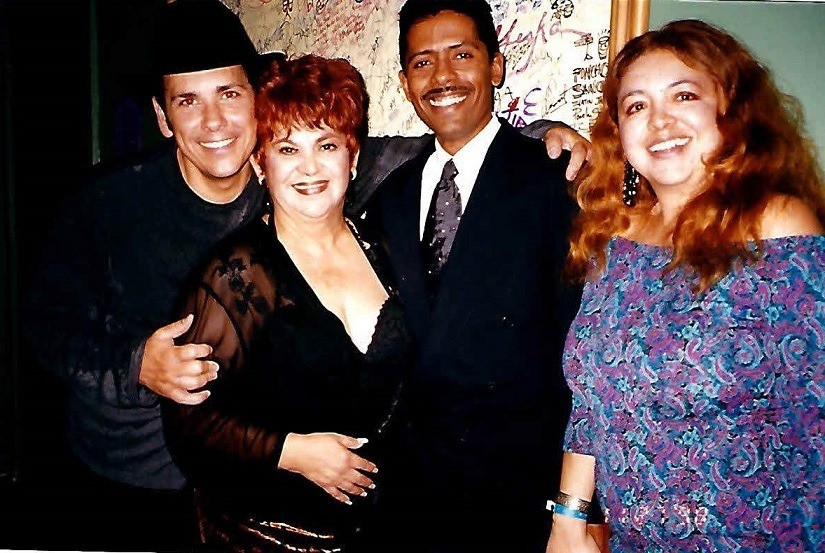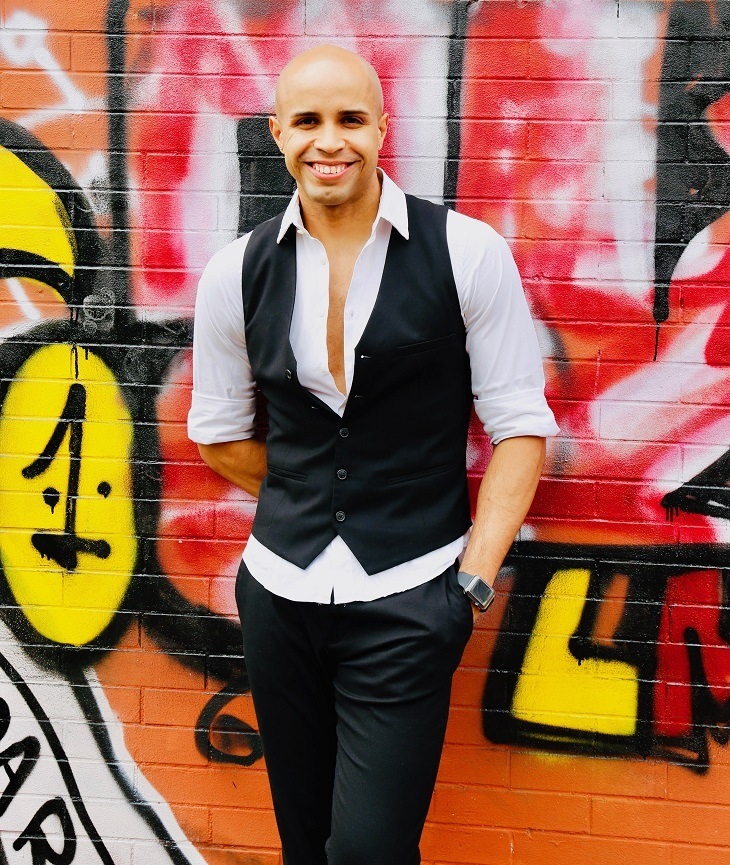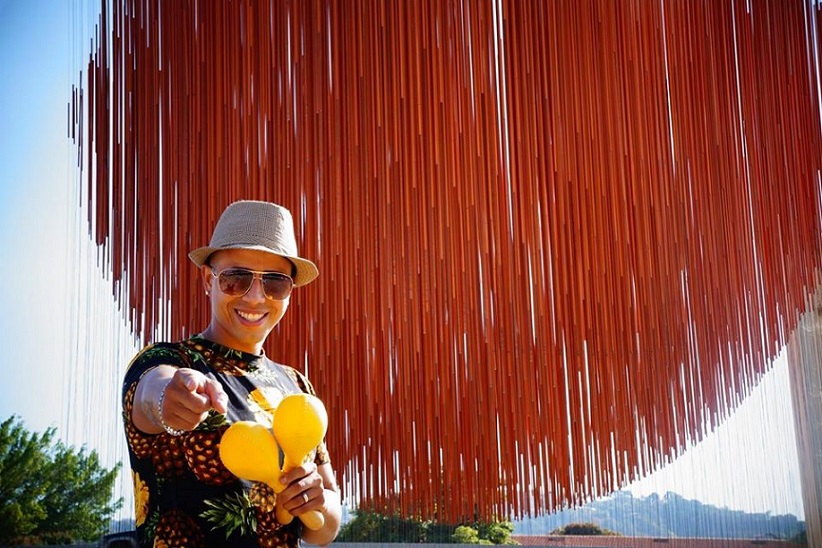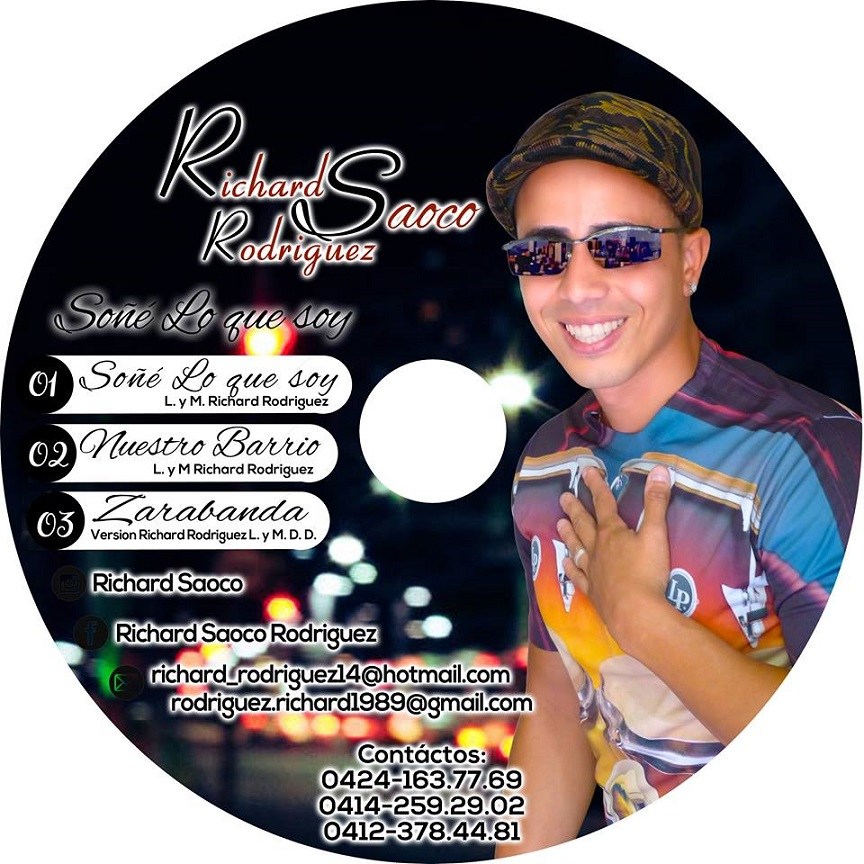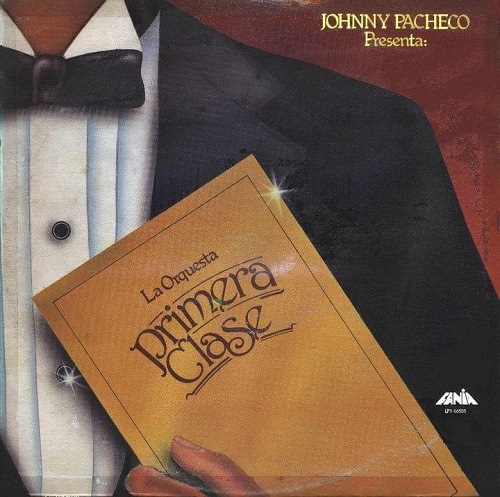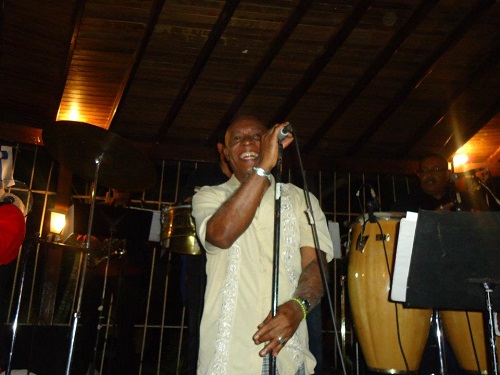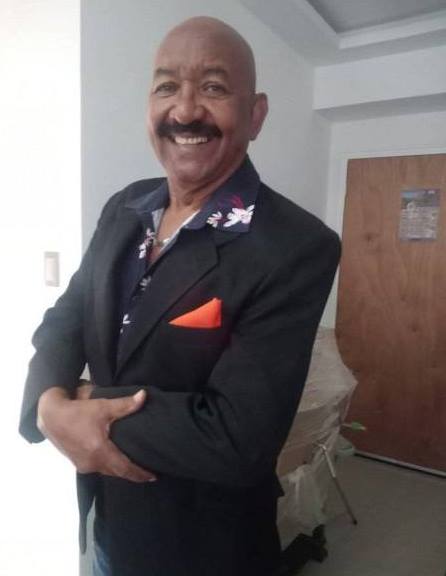North American/ USA / New York
After 30 years of success, Blue Note continues to carry the torch for jazz into the 21st century in the cultural heart of New York
Since its inception in 1981, Blue Note has become one of the premier jazz clubs in the world and a cultural institution in Greenwich Village. Artists who have stopped playing in jazz clubs decades before, such as Sarah Vaughn, Lionel Hampton, Dizzy Gillespie, Stanley Turrentine, Oscar Peterson, Ray Brown, and Tito Puente, soon called Blue Note home.

In addition to the main acts that feature the likes of Chick Corea, McCoy Tyner, Joe Lovano, John Scofield, Robert Glasper and Chris Botti, Blue Note offers a Monday Night Series and the bi-weekly Late Night Groove Series to showcase New York’s up-and-coming jazz, soul, hip-hop, R&B and funk artists.
Over the years, Blue Note has been an economic engine for Greenwich Village, bringing in jazz fans from all over the world.

The club receives rave reviews on a weekly basis in New York’s daily newspapers such as The New York Times and in international travel guides and magazines.
What makes Blue Note so special is that on a given night, anything can happen. It is not uncommon to see the likes of Stevie Wonder, Tony Bennett, Liza Minelli, and Quincy Jones get called up on stage from the audience to sit in.
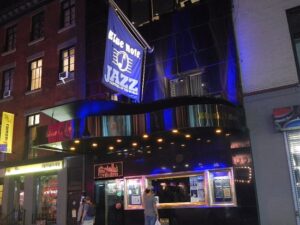
131 W. 3rd St
New York, NY 10012
212-475-8592

